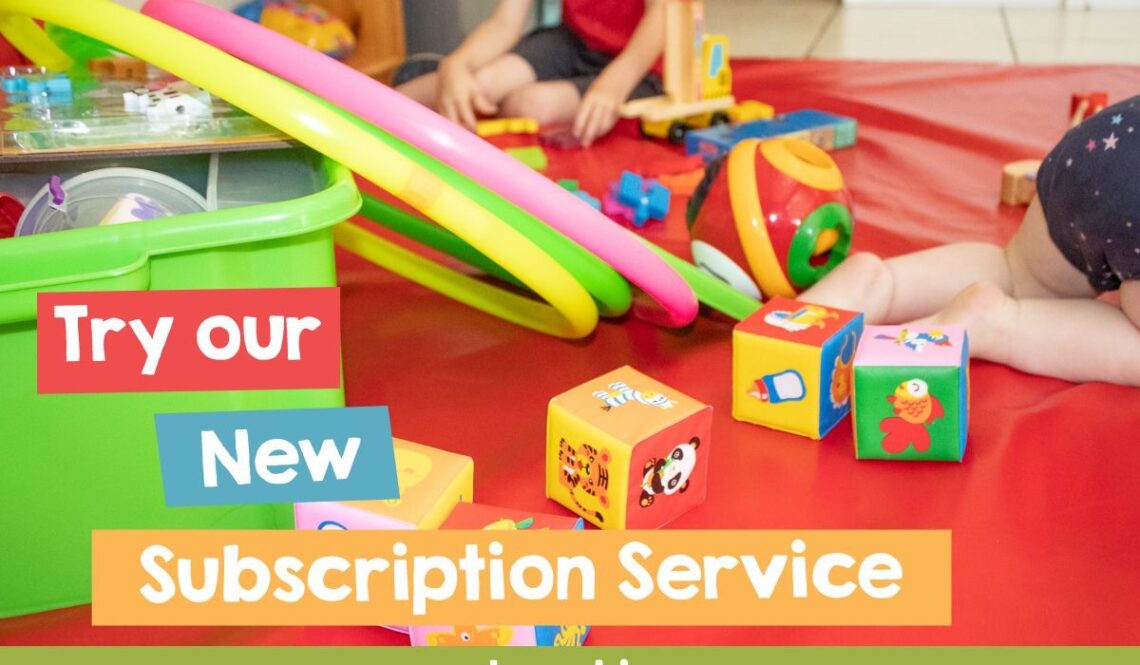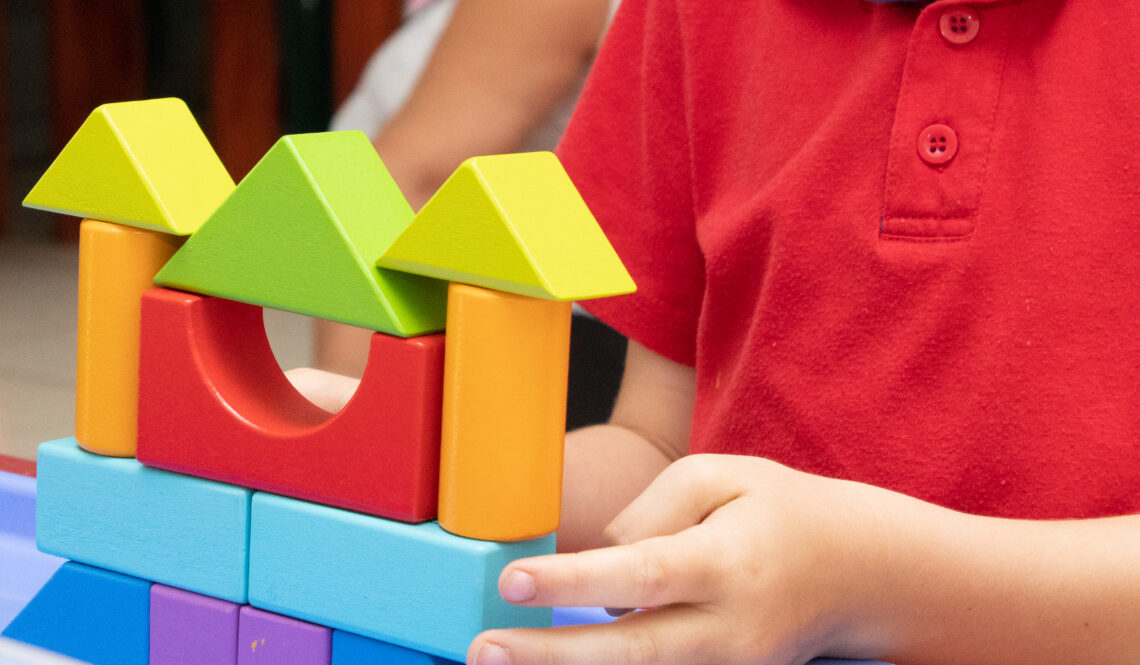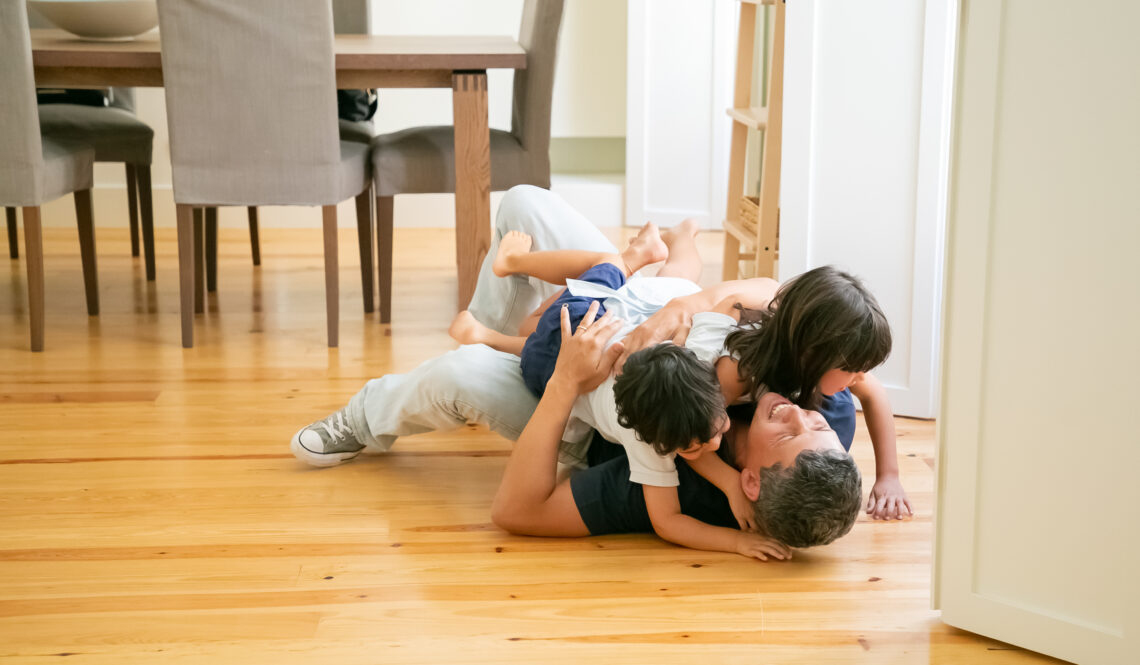Mathematics can be fun and we can show you how! From measuring: baking and learning about quantities, comparing family members’ height against a door frame, to learning about shapes: puzzles, board games, cutting paper shapes, or reading about how many species there are of your child’s favourite animal- numeracy is all around us. Developing these skills daily will sharpen little minds and produce long-term skills such as spatial awareness, financial planning, time management, and more.
How children can conceptualise maths
Hank Pellissier states that “Research suggests early math skills are a better predictor of academic success than early reading skills — but preschools aren’t teaching them.” What’s more, those spare moments of math are often taught incorrectly. Learning to recite numbers from one to 10 doesn’t get kids very far, because often kids are just memorizing, according to Stanford math professor Jo Boaler, which does little to lay the groundwork for future problem solving and logical thought (greatschools.org). Therefore more context is needed so that children can understand numerical value in real settings.

Maths and Development
“Math skills are just one part of a larger web of skills that children are developing in the early years—including language skills, physical skills, and social skills. Each of these skill areas is dependent on and influences the others.” (zerotothree.org) Therefore maths is not isolated as a developmental stepping stone or capability but rather is interconnected to the bigger picture of development. Skills teach us how to handle and cope with life from a young age.
How can one’s child start learning about maths before pre-school?
Sarah Barr-Smith from Kindergarten Connection writes about the importance of studying shapes- children learn so many skills that can be transferred outside the realm of mathematics. For example, a child who is familiar with shapes and proficient in the other components in geometry can do the following:
- construct (ie: Big flat blocks make a better foundation than tall narrow blocks.)
- compare (ie: This octagon looks a little like a circle.)
- describe spatial relationships (ie: The block is on top of the box.)
- compose (ie: Two squares can make a rectangle.)
- decompose (ie: This pentagon can be taken apart in triangles.)
Those who struggle with shape recognition might also struggle with: spatial awareness, spatial orientation, visual processing, problem-solving, and lastly categorizing and comparing. More exposure to shapes in various formats through practice will develop shape knowledge and the skills that accompany it. (kindergartenconnection.com).

How can one’s child start learning about maths during school?
According to Early Childhood Education Blog, Alexandra Louis says that whether at school or at home, early math skills are being used by children throughout their activities, experiences, and daily routines. For example, becoming familiar with their everyday routines such as getting dressed, taking a nap, brushing their teeth, and learning about going shopping with their parents can all become math learning opportunities when approached a certain way.
Talk about the sequencing of getting dressed or brushing one’s teeth. Work out with your child how long he/she takes a nap for using a clock, how many items are on the shopping list, and what they cost. (This of course is dependent on developmental age).
Louis also adds that parents or caregivers can play a role in influencing certain activities at home whereby children can learn and develop new skills. From using number concepts and problem-solving to developing confidence in their ability to think things through (blog.himama.com).

Top game ideas to have or play with at home
The Early Childhood Education Blog gives examples. Any of the following commonly-found items can be used as tools to help teach fundamental math skills like adding and subtracting at home:
- Peg Number Boards
- Counting Bears
- Car Garages
- Magnetic 2D and 3D Blocks
- Number Tracing Sheets
- Tangrams
- Playdough
- Books and Rhymes
- Puzzles (e.g. jigsaw puzzle)

Therefore when children play with objects and games that are connected to maths, they get increased practice with this skill. This amounts to more competency with problem-solving skills and logic, paving the way to more confidence during school years and in adult life.
How PlayWhizz can help
Within the toy library, there are many rentable products related to numeracy that Playwhizz has to offer! When your little one gets bored of the game they can swap it with a new one at an affordable cost. To see our catalogue, visit: https://www.playwhizz.co.za/product-category/numeracy-and-counting/
References:
https://www.greatschools.org/gk/articles/early-math-equals-future-success/
https://thekindergartenconnection.com/secrets-developing-shape-knowledge/
https://www.zerotothree.org/resources/299-help-your-child-develop-early-math-skills
https://blog.himama.com/math-importance-in-preschool/




